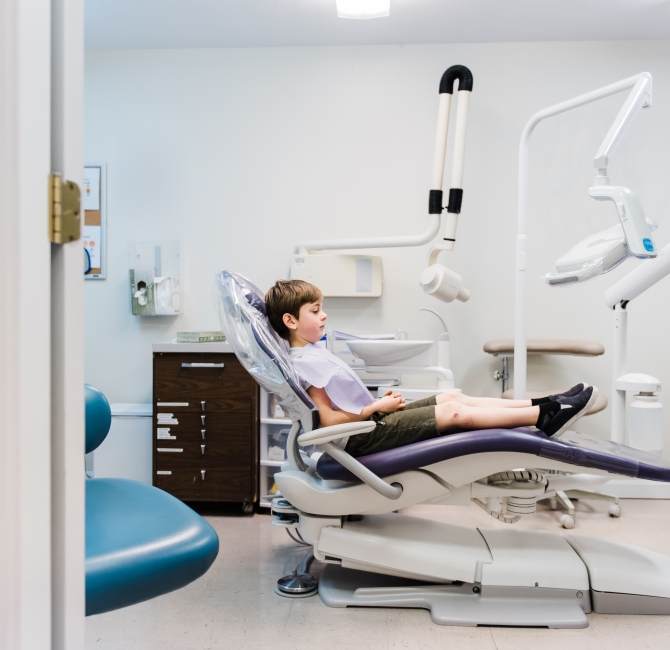Peri-implant diseases, specifically peri-implant mucositis and peri-implantitis, are inflammatory conditions affecting peri-implant tissues induced by peri-implant biofilms. Peri-implant mucositis is a reversible condition. Its primary etiology is host-microbial homeostasis disruption at the implant-mucosa interface. Factors associated with peri-implant mucositis include biofilm accumulation and smoking.
The main etiological factor for peri-implantitis onset and progression is peri-implant plaque biofilm accumulation. Peri-implantitis risk factors include a history of severe periodontitis, poor plaque control, and no regular supportive peri-implant care.
Peri-implant diseases are highly prevalent and associated with significant morbidity, and their management is challenging. This S3 level clinical practice guideline aids peri-implant disease management. The recommendations, developed by the European Federation of Periodontology, followed a rigorous evidence-based, client-centred decision-making process.
The guideline covers preventive and treatment interventions for peri-implant diseases to implement during the planning, execution, and long-term follow-up of dental implants. It identifies interventions based on specific care pathways for healthy peri-implant tissues, peri-implant mucositis, and peri-implantitis.
In cases of peri-implant tissue health, implement interventions for primary prevention as part of a supportive peri-implant care program, including periodic professional plaque biofilm removal.
Interventions for peri-implant mucositis management focus on biofilm control, either self-administered or professionally delivered. Management of peri-implantitis may include nonsurgical and surgical interventions.
Application of this clinical practice guideline will facilitate a consistent, interdisciplinary, and evidence-based approach to preventing and treating peri-implant diseases.



